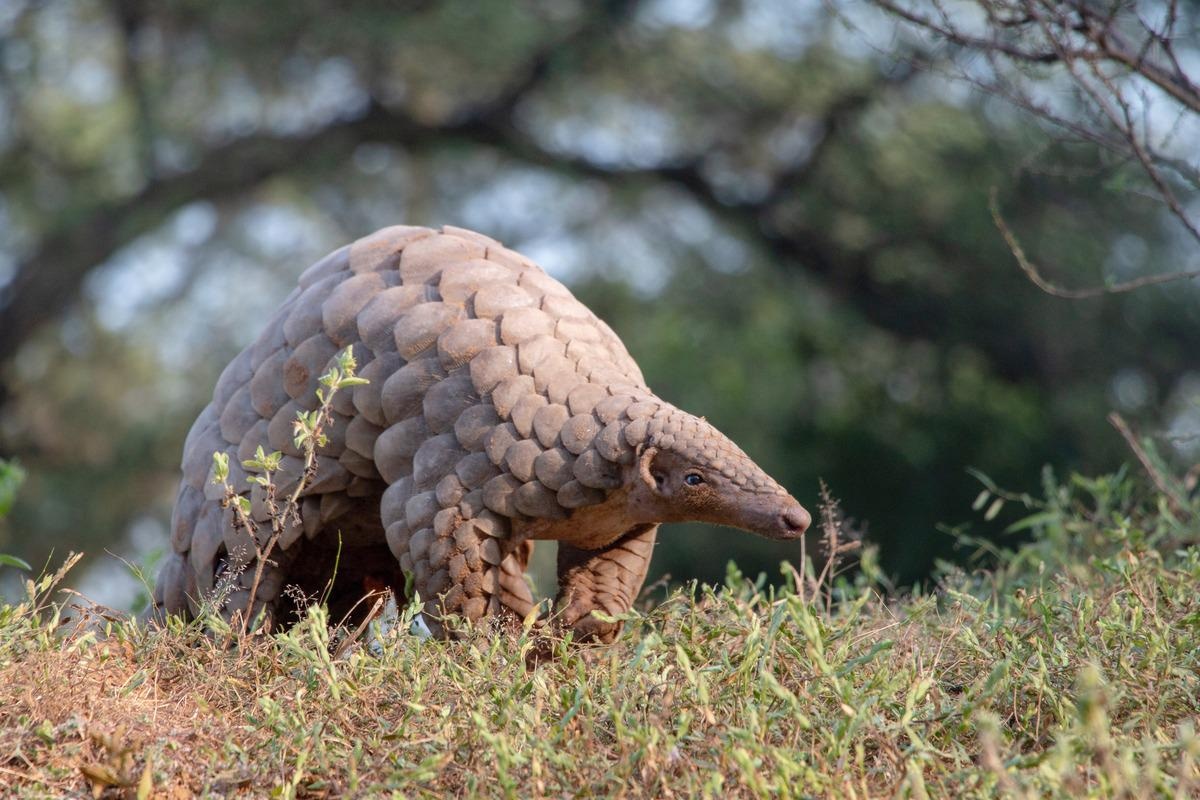Respiratory syncytial virus (RSV) is a negative sense non-segmented enveloped ribonucleic acid (RNA) virus that belongs to the Orthopneumovirus genus of the Pneumoviridae family. RSV leads to severe respiratory disease in children who are under two years of age along with elder people in both developed and developing countries.
RSV is known to only circulate among humans, although this virus was first discovered in chimpanzees. Moreover, RSV can experimentally infect rats, mice, hamsters, ferrets, and cotton rats; however, it does not naturally circulate among these animals. Few studies indicate that humans are capable of transmitting viruses to several endangered wildlife.
A new study published in the journal Current Biology aimed to determine whether humans were able to transmit RSV to Malayan pangolins (Manis javanica).

Study: Natural infection of pangolins with human respiratory syncytial viruses. Image Credit: Vickey Chauhan / Shutterstock.com
About the study
The current study involved the collection of frozen samples from 30 Malayan pangolins that were being smuggled from Southeast Asia to China and were confiscated by Guangxi Customs. These smuggled pangolins were all sick and eventually died. SARS-CoV-2-related coronaviruses were identified in eight of the 30 samples, along with some preliminary sequences aligning with RSV.
In-depth transcriptomic sequencing of the tissue specimens from the 30 animals was carried out followed by a BLASTx search. Thereafter, reverse-transcription polymerase chain reaction (RT-PCR) was carried out, along with sequence analysis and phylogenetic analysis.
Study findings
The results indicated that out of the 2,203.63 Gb of sequence data obtained from transcriptomic sequencing, 12 full-length or near full-length RSV genomes were identified from 12 pangolins. Out of the 12 RSV-positive pangolins, four were reported to be previously infected with SARS-CoV-2-related coronaviruses. Furthermore, the presence of RSV was found in the lung specimens obtained from the pangolins.
Results of the phylogenetic analysis revealed that the 12 RSV sequences obtained from pangolins were in the clade of human orthopneumovirus of the genus Orthopneumovirus. Out of these sequences, five belonged to RSV subgroup A and seven belonged to RSV subgroup B.
The five RSV-A isolates were found to have 99.67 to 99.99% identity with each other and 99.64% identity with their closest human RSV-A from Australia. The seven RSV-B isolates were found to have 99.48 to 100% identity with each other.
Among them, five isolates were clustered together with a human RSV-B from Australia, while two were closest to another human RSV-B strain from Australia. Furthermore, RSV-As were closest to the RSV-A ON1 genotype, while the RSV-Bs were closest to the RSV-B BA9 genotype lineage.
Conclusions
The current study demonstrates that the RSV infection rate was about 40% in pangolins, which is exceptionally high. Moreover, the pangolins included in the current study were found to be infected with two different subgroups of RSV that circulated at two different times.
Being the most poached and trafficked wildlife in the world, the chances of pangolins getting infected by human handlers are quite high. Infection can occur through direct contact with a human handler, indirectly through another infected pangolin, or both. However, care must be taken to protect pangolins from the infection, as they are critically endangered animals listed on the International Union for Conservation of Nature Red List of Threatened Species.
Limitations
Two limitations of the current study were that serum samples to test RSV-specific sero-antibodies were not obtained and the cause of the death of the pangolins remained unknown.